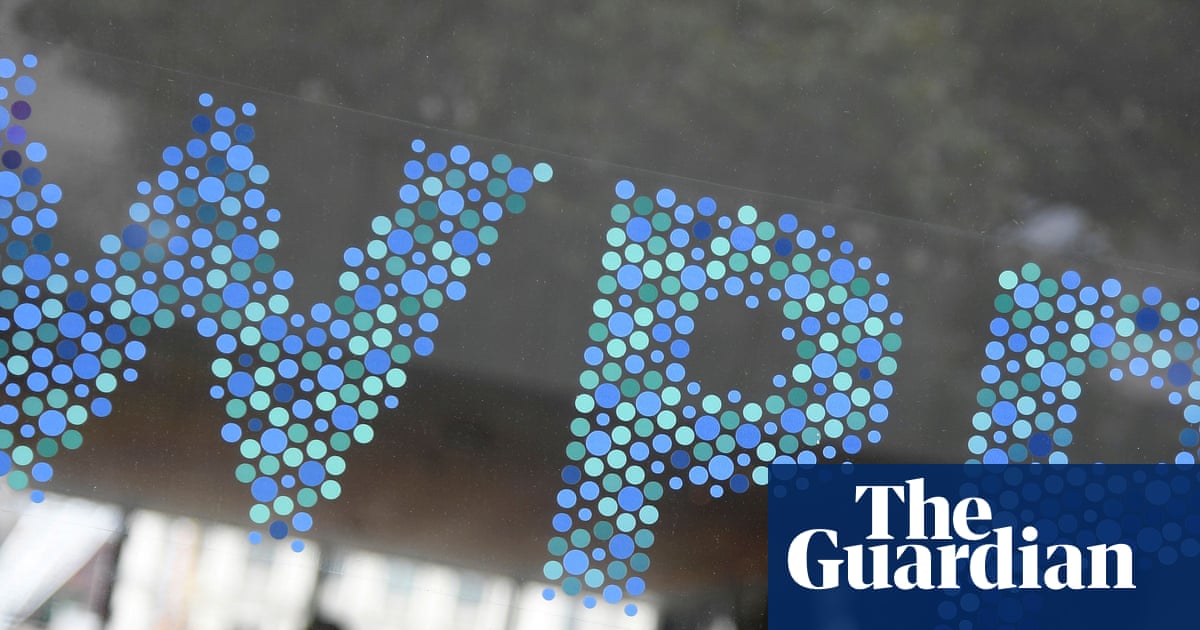Unlock the Editor’s Digest for free
Roula Khalaf, Editor of the FT, selects her favourite stories in this weekly newsletter.
You only get one shot at AI supremacy. Or that’s the thinking that seems to have taken hold among Big Tech executives. Their artificial intelligence strategy has a “you only live once” feel: shovel in as much money as possible, hope to come out on top, and if you fail, at least you tried.
Meta Platforms more so than most. Founder Mark Zuckerberg told analysts on Wednesday that he is spending to meet “the most optimistic cases”. That means the Facebook parent investing “notably” more than $100bn next year, twice what analysts were pencilling in for 2026 this time a year ago, according to LSEG.
The resulting $160bn drop in Meta’s market value reflects that, for investors, this logic is doubtful. There is no reason to think investing a lot ensures success — witness Zuckerberg’s languishing Metaverse project — so higher sums just up the chances of big writedowns. Google is spending even more than Meta on data centres but has a cloud computing business, so it can rent what it doesn’t use to third parties.
For one Meta shareholder at least, the risk-reward calculation works a bit differently: Zuckerberg himself. The prize — being the first to achieve so-called superintelligence — isn’t just a financial bet. It would propel him into the history books.
And the downside is limited. There is no chance of Meta going bust. Zuckerberg’s spree has so far been funded with operating cash flows, not debt. While Meta is juicing up its data centre investments with leverage, it is able to do so in joint ventures like the one it has set up with private credit operator Blue Owl that don’t sit on its balance sheet.
Meanwhile, the company makes so much cash that it can afford to risk some of its investments going nowhere. Even if Meta were to spend $500bn on superintelligence in the next five years, it would still have $400bn of cumulative free cash left over, according to Visible Alpha.

Even if Meta were not to cross the finish line first, the capex might not be entirely wasted. Spending on AI is increasingly driving more revenue in its “core” business of selling ads on platforms such as Facebook and Instagram. In the latest quarter, it showed users 14 per cent more ads than a year earlier, and charged 10 per cent more for each one.
If the AI race really turns into a damp squib for Meta, the worst it faces is a badly bruised share price. And even that might sting less than one might expect. It is not clear investors were pricing in AI supremacy anyway. Meta shares trade at the same 25 times forward earnings that they have done on average for the past decade.
Failure would be unpleasant. But — for tech bosses who are wealthy, messianic and entrenched — the risk is far outweighed by the potential glory. It will take more than a mini market backlash to kill the AI YOLO trade.
john.foley@ft.com








